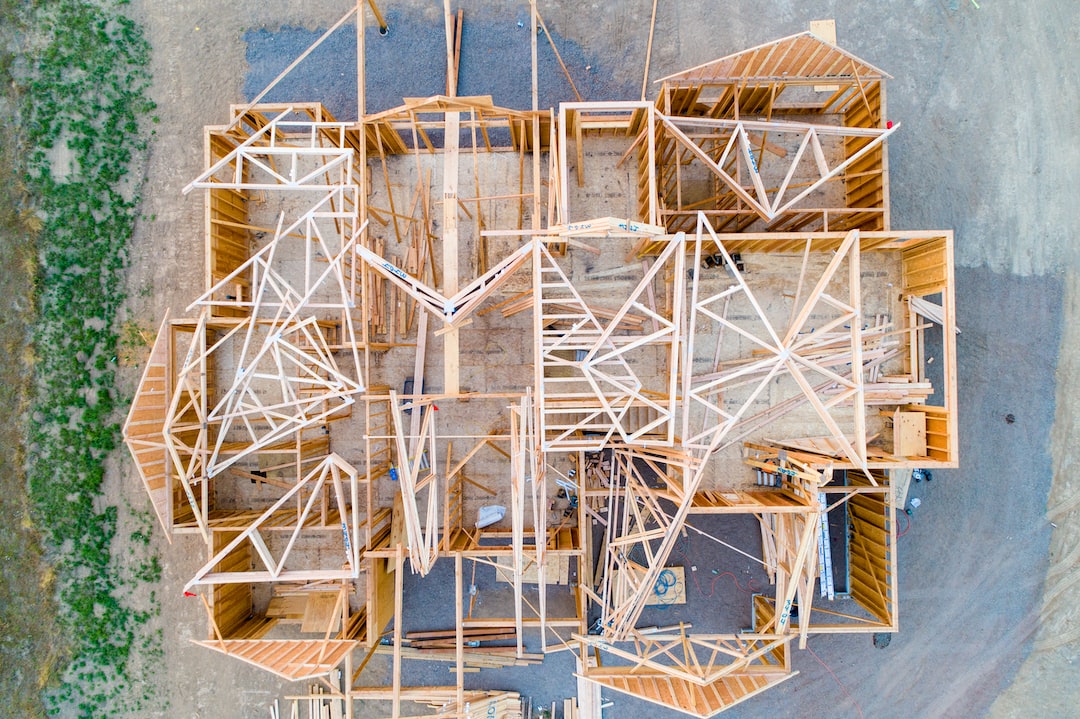Preserving Heritage: The Importance of Responsible Excavation Practices
Builders are often at the forefront of development and progress, transforming landscapes to create new structures and spaces. While this is essential for growth and functionality, it is imperative to prioritize the preservation of our cultural heritage. Responsible excavation practices play a vital role in ensuring that historical artifacts and sites are safeguarded for future generations.
Excavation is the process of digging and removing soil or rock from a designated area, often done to construct buildings, roads, or other infrastructure. However, this activity can result in the accidental destruction of valuable archaeological treasures that lie beneath the ground. Therefore, it is crucial for builders to embrace responsible excavation techniques that take into account the preservation of our heritage.
One of the primary reasons for preserving heritage during excavation is the historical and cultural significance it holds. Archaeological sites provide insights into our past, allowing us to understand the lives and accomplishments of our ancestors. These sites hold immense educational value and act as windows into different civilizations and their way of life. By preserving these sites, future generations can learn from and appreciate our rich cultural history.
Responsible excavation practices involve conducting comprehensive archaeological assessments prior to construction. This ensures that any potential heritage sites are identified and safeguarded. Experts in archaeology and heritage management should be consulted to carry out thorough surveys and evaluations of the area, allowing for the proper documentation and preservation of any significant findings.
Builders should also understand the importance of adopting non-destructive excavation techniques wherever possible. Instead of utilizing heavy machinery and equipment, which may lead to inadvertent damage, manual excavation methods such as hand digging or small-scale mechanized tools should be employed. These techniques allow for careful, controlled excavation while minimizing the risk of destroying important artifacts.
Furthermore, the implementation of proper documenting procedures is essential in responsible excavation. Detailed records, including maps, photographs, and descriptions, should be maintained during the excavation process. This not only aids in the preservation of the heritage but also facilitates future research and analysis by archaeologists and historians.
To ensure the broader safeguarding of our cultural heritage, it is crucial for builders and developers to collaborate with local authorities, cultural institutions, and communities. Consultation with heritage experts and involving local communities in the decision-making process helps create awareness and understanding of the importance of heritage preservation. This collaboration also allows for the integration of heritage elements into new building projects, such as the incorporation of historical structures into modern designs.
Preserving our heritage through responsible excavation practices is a collective responsibility. Builders and developers have the power to contribute positively to the protection of our cultural legacy. By valuing and prioritizing heritage preservation, we can create a sustainable future that simultaneously respects our past.
Publisher Details:
wedig.net.in
https://www.wedig.net.in/
W.E Dig is the best place for your building needs, Theres nothing we cant do. Have a dream that you want to make reality? Then come on over and get a free quote today!!

